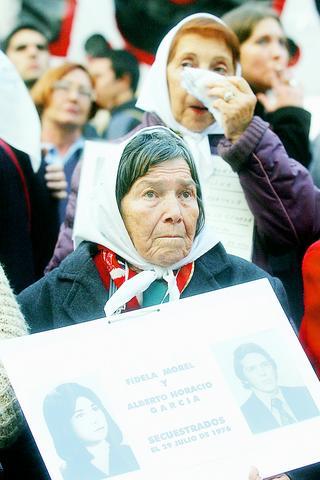Reference




OpenAI's Answer
The Argentine Supreme Court's decisions regarding amnesty laws, particularly the Simón case, determined that the amnesty laws passed in the late 1980s were unconstitutional. These laws were initially adopted to protect individuals responsible for human rights violations during Argentina's "Dirty War" (1976-1983), which mainly involved military and police officers committing severe abuses.
The primary reason these decisions did not apply to guerrilla leaders lies in the nature and reasoning of the amnesty laws themselves. The laws were designed to shield government and military personnel involved in state terrorism and human rights abuses, not those involved in opposing the state, such as guerrilla leaders. Therefore, when the Supreme Court annulled these laws, it opened the path for prosecuting those government officials involved in past atrocities, but not specifically targeting or addressing the actions of guerrilla leaders.
For further details, you can read more about the decision in this article by Human Rights Watch.
Follow Up
Related
Myanmar
What are the Belfast Guidelines on Amnesty and Accountability?
How do international courts typically respond to general amnesty laws?
Which international treaty obligations prohibit amnesty for international crimes?
Why did El Salvador's Constitutional Court invalidate the Amnesty Law in 2016?